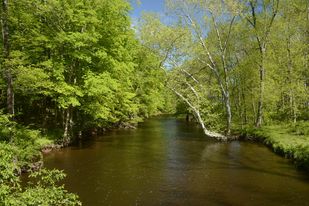On July 20, 2022, the New Jersey Superior Court, Appellate Division, issued an Opinion affirming the New Jersey Department of Environmental Protection’s (“DEP’s”) adoption of amendments to the Surface Water Quality Standards upgrading approximately 600 miles of streams and rivers around the state to Category One (“C-1”) antidegradation status. These “C-1 Upgrades,” adopted in April 2020, designate those waterbodies for protection from measurable changes in water quality because of either their exceptional ecological significant or their exceptional fisheries resources.
The Township of Raritan, Hunterdon County, and the Raritan Township Municipal Utilities Authority (“RTMUA”) challenged the 2020 C-1 Upgrades in general as procedurally flawed. RTMUA also specifically argued that DEP failed to present credible data to support the C-1 antidegradation designation for a segment of the South Branch of the Raritan River. In particular, RTMUA alleged that scientifically untrained volunteers with Raritan Headwaters Association were charged with collecting visual habitat assessment data regarding the segment, rendering its C-1 antidegradation designation invalid.
EELC filed an amici curiae brief on behalf of Raritan Headwaters Association, The Watershed Institute, and New Jersey Highlands Coalition (collectively, “Environmental amici) in support of DEP’s 2020 C-1 Upgrades. The Environmental amici’s brief argued that the wider riparian buffers associated with the C-1 designation are needed to provide all of the important functions of riparian buffers and help ensure their long-term stability, the no “measurable change” antidegradation designation is needed to protect downstream communities’ water quality, and the use of volunteers to conduct visual habitat assessments is widely accepted and RHA’s volunteers were well trained in this method. In its Opinion affirming the 2020 C-1 Upgrades, the Court noted that “the Environmental amici, including RHA, refute RTMUA’s contention that the use of trained volunteers, rather than biologists to obtain data used in habitat quality assessment, results in unreliable data.”



